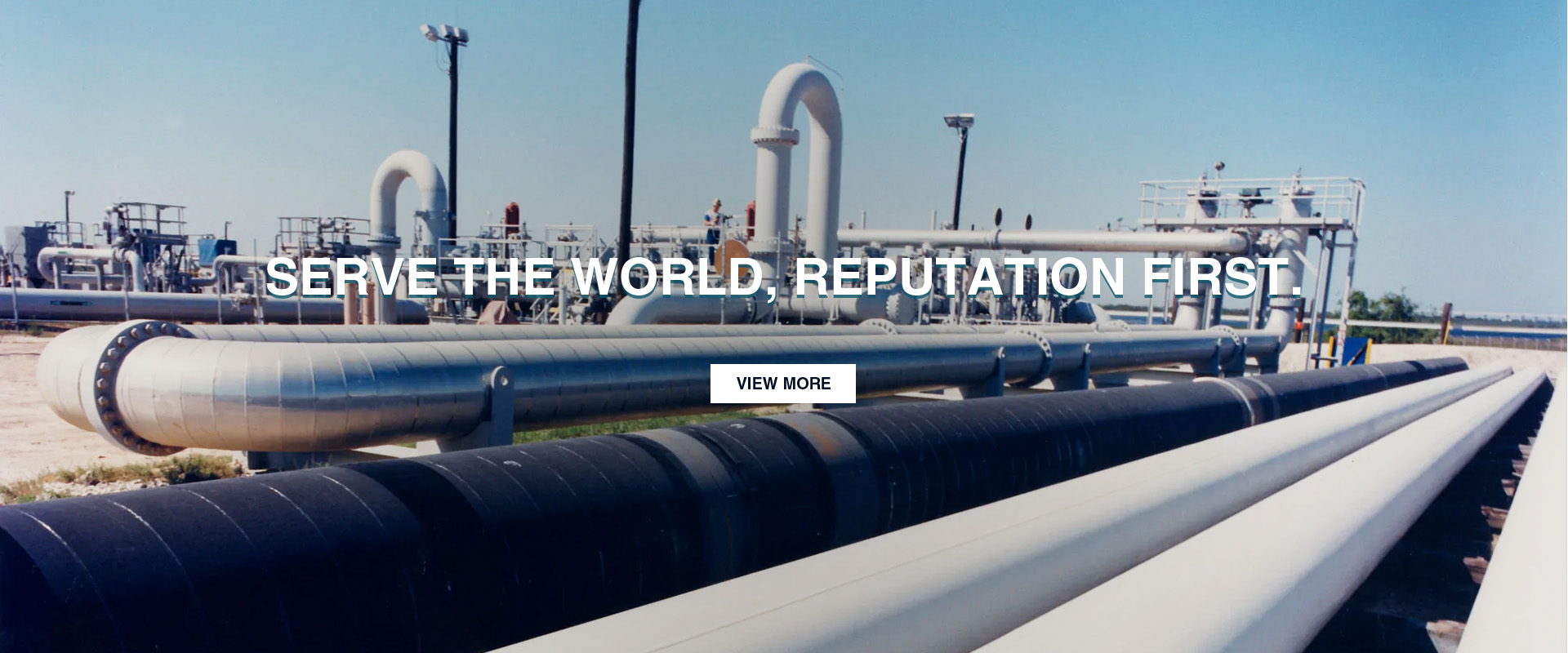-
Cangzhou Yulong Steel Co., Ltd.
-
Phone:
+86 13303177267 -
Email:
admin@ylsteelfittings.com
- English
- Arabic
- Italian
- Spanish
- Portuguese
- German
- kazakh
- Persian
- Greek
- French
- Russian
- Polish
- Thai
- Indonesian
- Vietnamese
- Zulu
- Korean
- Uzbek
- Hindi
- Serbian
- Malay
- Ukrainian
- Gujarati
- Haitian Creole
- hausa
- hawaiian
- Hebrew
- Miao
- Hungarian
- Icelandic
- igbo
- irish
- Japanese
- Javanese
- Kannada
- Khmer
- Rwandese
- Afrikaans
- Albanian
- Amharic
- Armenian
- Azerbaijani
- Basque
- Belarusian
- Bengali
- Bosnian
- Bulgarian
- Catalan
- Cebuano
- China
- China (Taiwan)
- Corsican
- Croatian
- Czech
- Danish
- Esperanto
- Estonian
- Finnish
- Frisian
- Galician
- Georgian
- Kurdish
- Kyrgyz
- Lao
- Latin
- Latvian
- Lithuanian
- Luxembourgish
- Macedonian
- Malgashi
- Malayalam
- Maltese
- Maori
- Marathi
- Mongolian
- Myanmar
- Nepali
- Norwegian
- Norwegian
- Occitan
- Pashto
- Dutch
- Punjabi
- Romanian
- Samoan
- Scottish Gaelic
- Sesotho
- Shona
- Sindhi
- Sinhala
- Slovak
- Slovenian
- Somali
- Sundanese
- Swahili
- Swedish
- Tagalog
- Tajik
- Tamil
- Tatar
- Telugu
- Turkish
- Turkmen
- Urdu
- Uighur
- Welsh
- Bantu
- Yiddish
- Yoruba

Nov . 18, 2024 06:53 Back to list
4 inch flange
Understanding 4-Inch Flanges An Integral Component in piping systems
Flanges are mechanical components used to connect pipes, valves, pumps, and other equipment in fluid handling systems. They play a critical role in providing a tight and secure connection, allowing for the transportation of fluids and gases. Among various flange sizes, the 4-inch flange is one of the most common types encountered in industrial applications. This article explores the purpose, specifications, materials, and applications of 4-inch flanges, making it essential knowledge for engineers and technicians in the industry.
What is a Flange?
Flanges are flat pieces of metal with holes drilled around their circumference. They can be attached to the ends of pipes or directly to other flanged components. When two flanges are bolted together, they create a strong, leak-proof joint capable of withstanding high pressures and temperatures, which is vital in maintaining system integrity. Various types of flanges exist, including weld neck, slip-on, blind, and threaded, each designed for specific applications and performance requirements.
Specifications of 4-Inch Flanges
The specifications for a 4-inch flange can vary depending on the standard it adheres to, such as ANSI, ASME, or DIN. Generally, a 4-inch flange is designed for pipes with a nominal diameter of 4 inches, which corresponds to a specific outer diameter and bore size. For instance, a standard 4-inch pipe typically has an outer diameter of 4.5 inches. Flanges also have a pressure rating, which is an indication of the maximum pressure they can withstand at a given temperature. Common pressure ratings for 4-inch flanges include Class 150, Class 300, and Class 600, and each class has its specifications pertaining to bolt holes, dimensions, and material strength.
Materials Used in 4-Inch Flanges
4-inch flanges can be fabricated from various materials, each chosen based on the application requirements
. Common materials include1. Carbon Steel Frequently used due to its strength and durability, carbon steel flanges are suitable for high-pressure applications.
2. Stainless Steel Known for its corrosion resistance, stainless steel flanges are ideal for applications where chemical exposure is a concern.
3. Ductile Iron This material combines strength with ductility, making it a good choice for wastewater and sewer applications.
4 inch flange

4. Plastic and Composite Materials Used in specific industries like food processing and pharmaceuticals, non-metallic flanges avoid contamination and are resistant to corrosion.
Choosing the right material is crucial; it affects not only the durability of the flange but also its compatibility with the fluids being transported.
Applications of 4-Inch Flanges
4-inch flanges are widely used across diverse industries including
- Oil and Gas In this sector, 4-inch flanges are used to connect pipes and fittings transporting crude oil, natural gas, and other products.
- Water Treatment Municipal water systems often rely on 4-inch flanges for piping that delivers treated water to communities.
- Chemical Processing Given the nature of chemicals handled, the choice of material for flanges is particularly critical, often requiring stainless steel or specialized alloys.
- HVAC Systems In heating, ventilation, and air conditioning systems, 4-inch flanges are commonly employed to connect ductwork, ensuring efficient airflow.
Conclusion
In summary, the 4-inch flange is a vital component in numerous piping systems, facilitating safe and reliable operation across various industries. Understanding its specifications, available materials, and applications can greatly enhance the effectiveness of engineers and technicians in selecting appropriate components for their projects. Whether in oil and gas, water treatment, or chemical processing, 4-inch flanges play an indispensable role in ensuring that fluid transport systems function efficiently and safely. As industries evolve and new regulations emerge, the design and manufacture of these flanges will continue to adapt, reinforcing their importance in modern engineering solutions.
Latest news
-
ANSI 150P SS304 SO FLANGE
NewsFeb.14,2025
-
ASTM A333GR6 STEEL PIPE
NewsJan.20,2025
-
ANSI B16.5 WELDING NECK FLANGE
NewsJan.15,2026
-
ANSI B16.5 SLIP-ON FLANGE
NewsApr.19,2024
-
SABS 1123 FLANGE
NewsJan.15,2025
-
DIN86044 PLATE FLANGE
NewsApr.19,2024
-
DIN2527 BLIND FLANGE
NewsApr.12,2024
-
JIS B2311 Butt-Welding Fittings LR/SR 45°/90° /180°Seamless/Weld
NewsApr.23,2024











